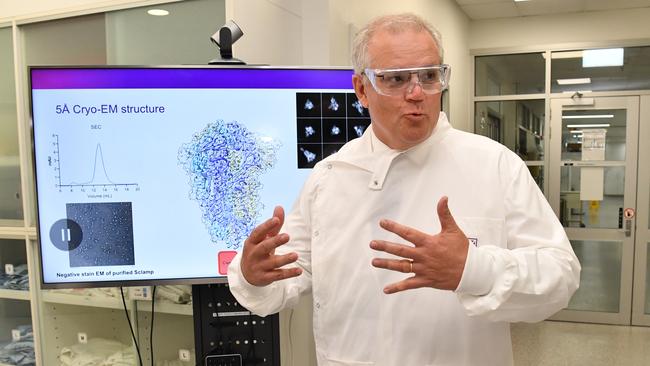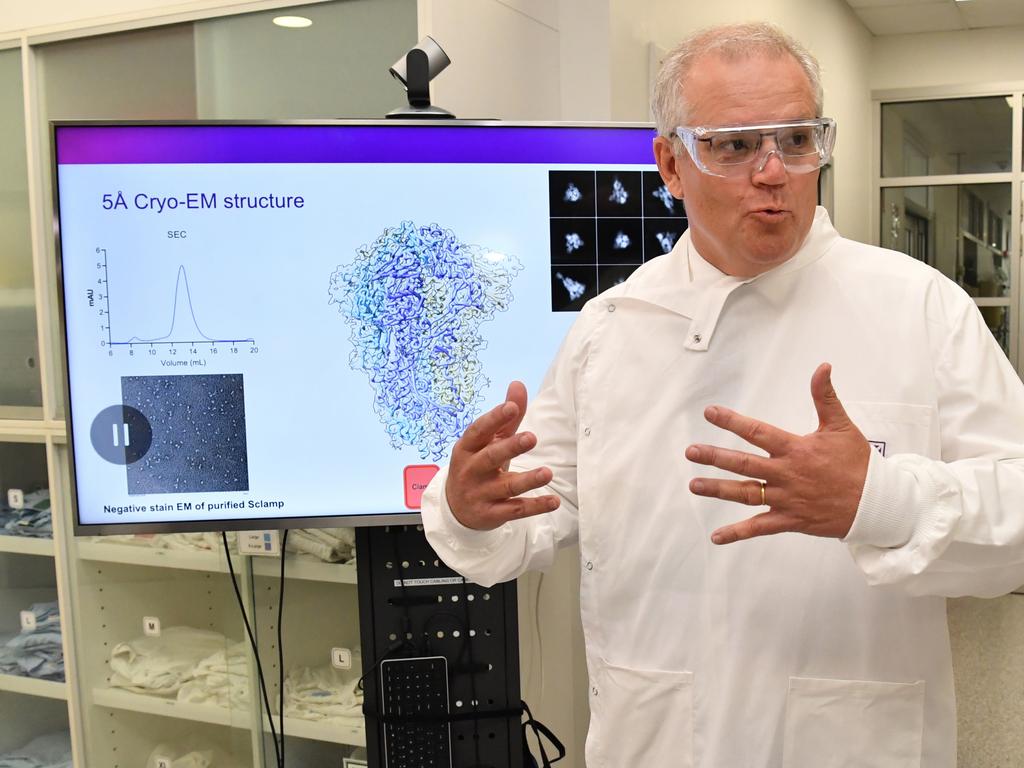Covid-19 vaccine is on the way, but virus will remain part of our lives

An “effective” vaccine does not mean 100 per cent. Effective vaccines reduce the risk of flu by 20 to 70 per cent depending on the year. Not surprisingly, then, the US Food and Drug Administration requires only a 50 per cent decrease in infections for approval of an effective vaccine.
The risk of death from COVID-19 increases with age – much less than 1 per cent for those under 40, to close to 4 per cent in the 60s, and 10-20 per cent for those in their 80s. Assuming a vaccine that decreases the risk of infections by half also decreases death by half, a vaccinated 80-year-old will then have the risk of a 60-year-old — still many times more than even an unvaccinated young person.
A significant advance, but not bulletproof protection. And surveys show up to 40 per cent of the adult population will be hesitant to take this vaccine.
Their main concern is safety. They will ask: “Is it safe in the long term?” The honest answer will have to be: “We have only two months of data, but there is every reason to believe …” This will be exploited by those who oppose vaccines. The uptake may be slow and incomplete.
Third, vaccinating an individual does not mean they don’t transmit the virus anymore. More importantly, the vaccines are not being tested in children and will not be advised for them.
They will likely continue to move the virus around between their families. Just as they do with the flu.
These limitations notwithstanding, a vaccine will unlock international travel. Countries will likely require a proof of vaccination as they do for yellow fever. They could even go further and require evidence of protective immunity and a negative virus test – making travel really safe, though more costly and cumbersome.
Importantly, a vaccine will make calls for social distancing harder and present businesses and public spaces with new dilemmas.
With a vaccine, the risk to the young will become smaller still. Insisting they wear masks and observe strict social distancing will become harder to sustain and difficult to impose. Bars will fill, dancefloors will hop and schoolyards will be carefree again. Businesses and public spaces that serve both young and old will have a dilemma. Public transport, factories, offices, restaurants, theatres and shopping centres will need to find the fine line between the safety obligations of a public space and the responsibilities of an individual.
Will they be able to enforce social distancing precautions when majority of their customers do not view it as a risk anymore?
Will some businesses offer “COVID-safe” zones for those who feel vulnerable, reminiscent of the days when some restaurants used to offer “smoke-free” areas for patrons who so wanted them?
Will institutions that serve the vulnerable be able to require staff to vaccinate and provide proof of protection? Who will bear the additional costs of operating under socially distanced parameters when the risk becomes low for most but still worrisome for some?
Medical science will provide some facts for these conundrums. But no science can tell a society what risk is acceptable and where to draw the line between public risk management and personal responsibility.
An effective vaccine will not spare us this debate; it will force us to find a new balance between lives, livelihoods and liveliness as we learn to live with the virus.
Shitij Kapur is dean of the faculty of medicine, dentistry and health sciences, and assistant vice-chancellor for health at the University of Melbourne. The article expresses his views and not those of his institution.




A chorus of experts expects an effective vaccine for COVID-19 early next year. Politicians speak of restrictions and impositions “until we have an effective vaccine”; and Josh Frydenberg expects that in his budget. I am excited at the prospect and will stand in line to receive it. But, it will not mean life will go back to the way it used to be. The virus is here to stay — there’s is no going back to the old normal. So it is time to talk about acceptable risks in society and personal responsibility for protection.